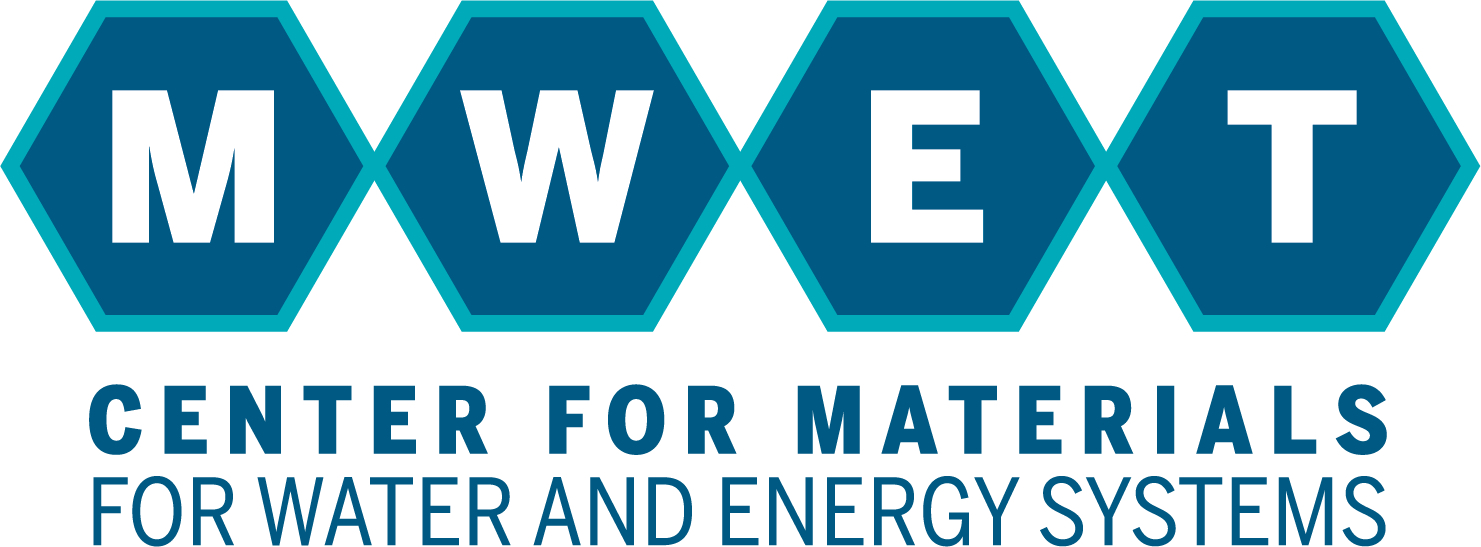
Alumnus Josh Moon receives NSF CAREER Grant: "Engineering high performance gas separation membranes through versatile control of polymer structure and dynamics"
Abstract
Conventional thermal separation processes like absorption and distillation consume over 10% of the total U.S. energy production. Gas separation membranes offer a great opportunity to reduce energy consumption and cost of chemical separations. Developing innovative polymer materials for the membrane layer that controls the separation is key to achieving high separation efficiency and low separation costs. Unfortunately, membrane materials can lose separation performance over time, especially in the chemically harsh conditions commonly found in industry. ?Polymers of Intrinsic Microporosity? (PIMs) are unique materials that exhibit high internal surface areas and high rigidity, making them particularly promising for gas separations such as carbon capture and hydrocarbon purification. This project will develop design principles for making more robust and efficient gas separation membranes. These insights will come from investigating how PIM molecular structure and molecular motions can be used to avoid performance losses under industrial conditions. To bridge the skill gap needed for students to transition from academic to industrial research, this proposal will develop a new student safety certificate program at University of Florida to enhance student safety literacy and academic safety culture. New sustainability-focused, hands-on teaching kits and in-person and remote workshop activities will be developed for middle and high school teachers across Florida to incorporate in their classrooms. The combination of research, graduate and undergraduate training, safety education, and outreach activities will help train the next generation of STEM researchers.
Polymers of Intrinsic Microporosity (PIMs) are leading materials for energy efficient gas separation membranes but remain susceptible to a tradeoff between permeability and selectivity and detrimental effects of gas- and vapor-induced plasticization and physical aging. Despite observations that polymer dynamics play a crucial role in membrane gas separations, a lack of quantitative investigations of polymer dynamics alongside structure driven design has hindered advancement and commercialization of next-generation membranes. This project aims to experimentally decouple the effects of free volume and specific polymer dynamic modes on fundamental gas and vapor transport properties, plasticization, and physical aging in unique dipole-tagged PIM membranes. New, facile synthetic strategies to post-functionalize PIM-1 to prepare a library of well-controlled PIM derivatives will be developed to facilitate these studies. Experimental tools such as broadband dielectric spectroscopy that are relatively underutilized in the gas separation membrane field will be employed to quantify polymer dynamics. These structure/dynamics/property studies will address key hypotheses regarding how selective control over specific dynamic modes could improve gas permeability while maintaining selectivity and resistance to plasticization and aging. Tightly integrating modular synthetic strategies with multicomponent gas/vapor transport measurements and experimental polymer structure and dynamics characterization will provide transformative insights into how molecularly tailored PIM membranes can enable new improvements in chemical process efficiency.
This award reflects NSF's statutory mission and has been deemed worthy of support through evaluation using the Foundation's intellectual merit and broader impacts review criteria.

